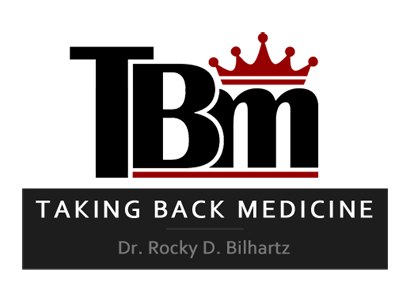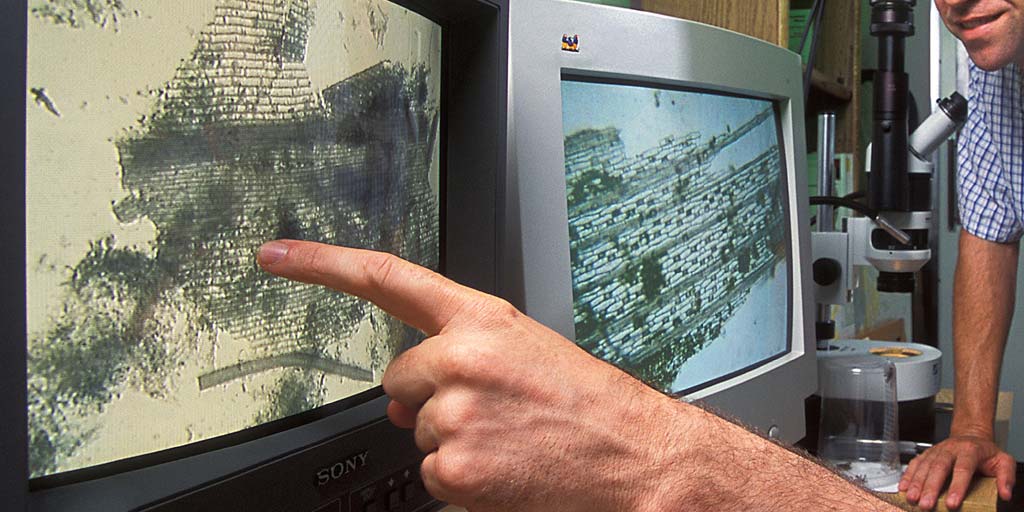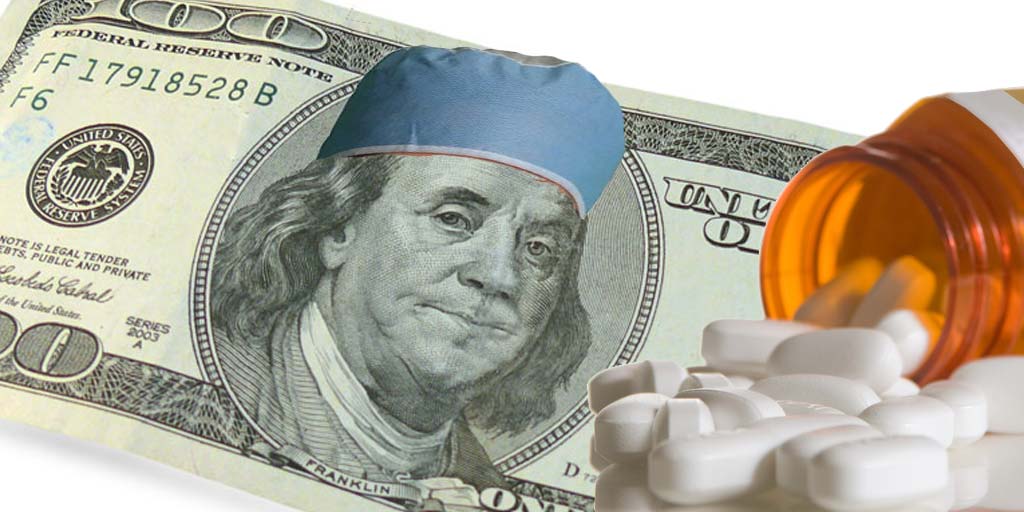Spare tires have become TERRIBLE.
What is the matter with those things?
We call them donuts. But this comparison is a disgrace to the donut. Powdered sugar is more durable.
As for a balloon? I’ve seen sturdier ones at a birthday party.
It wasn’t always like that. It used to be a real tire. Then, something happened. And, its function suddenly became atrocious.
Even the jack suffered a similar fate. It became two chopsticks with a plastic twisty piece overnight. Did all of the automobile manufactures just get together and determine it was time to anger their customers?
Maybe. But, if being a part of America’s healthcare system has taught me anything, it’s that madness frequently has even simpler beginnings.
* * *
Shortly before I entered medical school, a change in healthcare delivery was already taking affect. It was called Hospital Medicine.
Don’t let me confuse you. Yes, we already had medicine going on in hospitals. But, this was indeed something new.
Different doctors (called hospitalists) were beginning to take care of you whenever you ended up in the hospital. These hospitalists weren’t your main doctor—the one who you saw frequently in the clinic. They were different. Your main doctor didn’t go to the hospital anymore.













Recent Comments